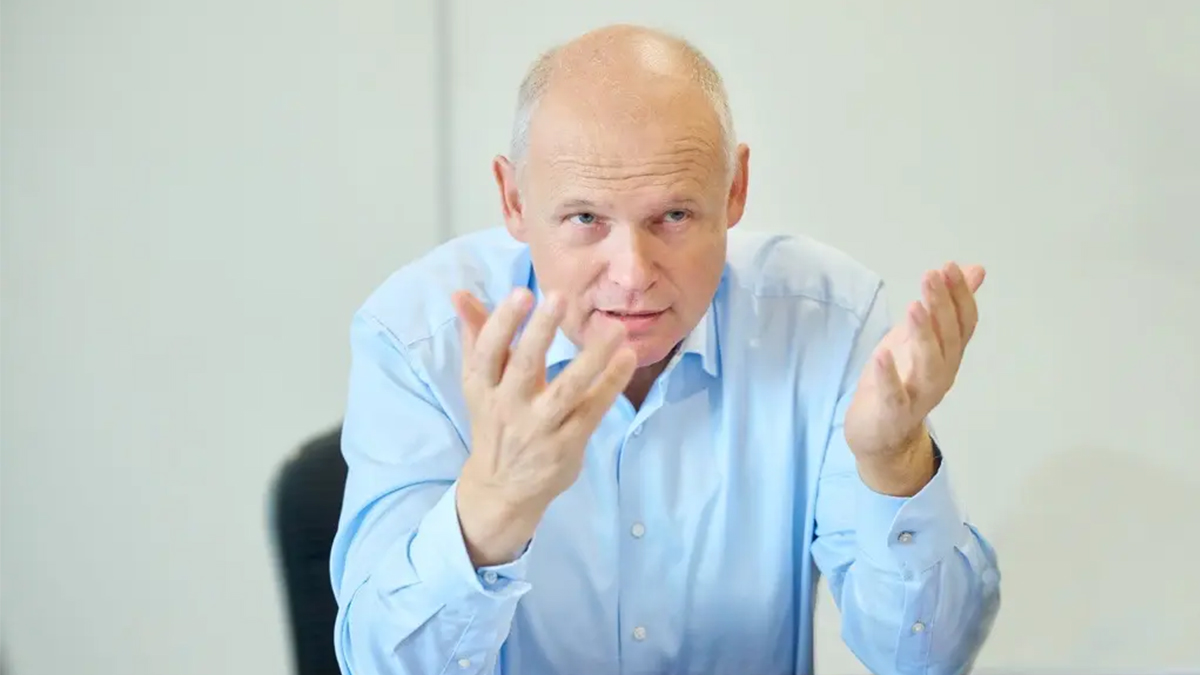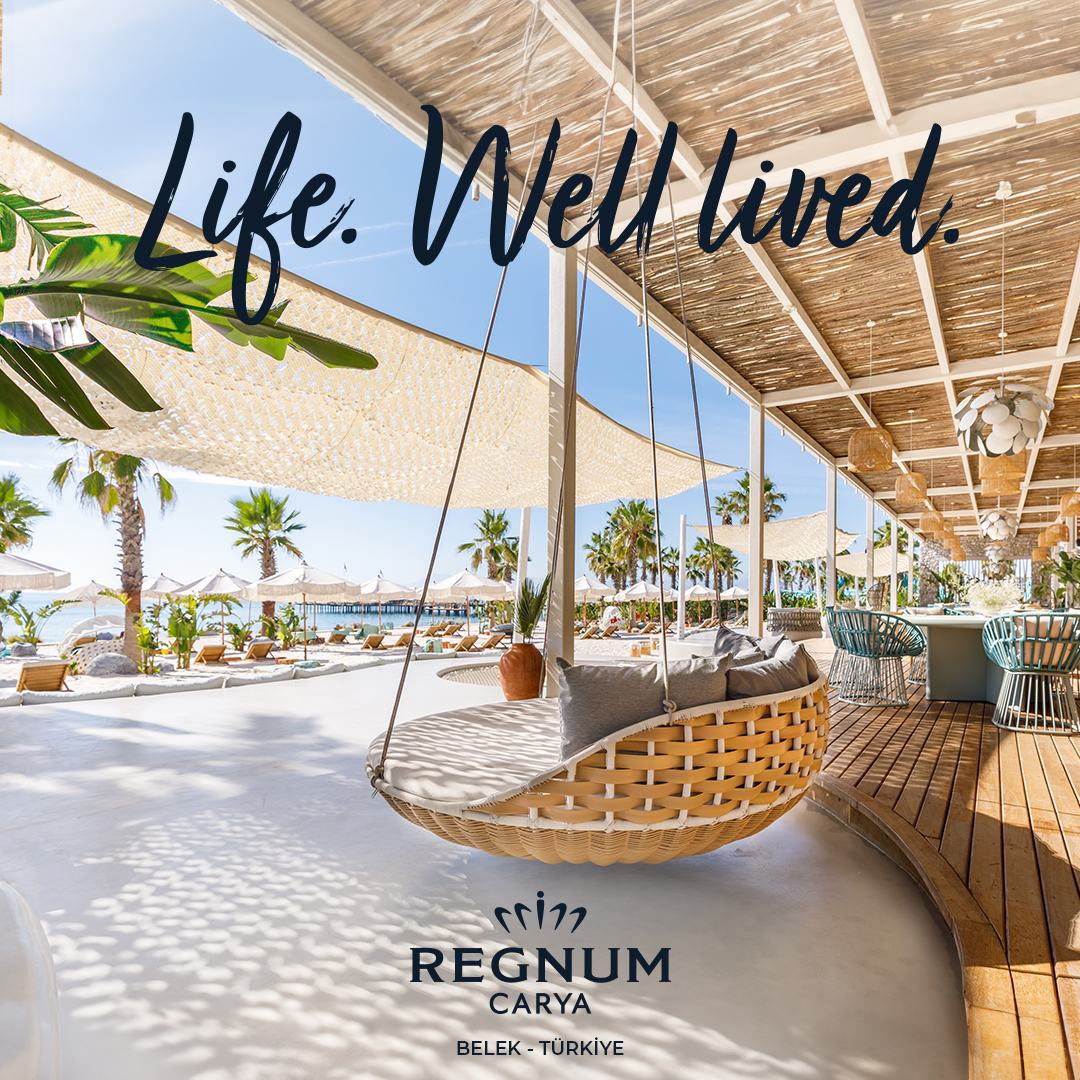TUI CEO: Innovations foster more sustainable tourism
- 9/9/2025
- 159 Day

TUI Cruises is making important progress
on the road to climate-neutral cruises: Mein Schiff Relax, the newest member of
the fleet, was refuelled with bio-LNG (liquefied biomethane) for the first time
in the port of Barcelona.
Bio-LNG is a 100 per cent renewable fuel produced from
organic waste. Compared to fossil fuels, the use of bio-LNG can reduce
greenhouse gas emissions by 70 to 100 per cent, depending on the origin of the
organic materials. In addition, the TUI Cruises fleet has reached another
milestone this year: more than one million kilowatt hours (kWh) of shore power
have already been consumed in ports in 2025. Ships from the two brands
Hapag-Lloyd Cruises and Mein Schiff have successfully used green shore power at
57 ports of call so far this year.
"Just a few years ago it was a vision, today it
is reality: bio-LNG. Advances in the availability and scalability of
alternative fuels will make a decisive contribution to enabling climate-neutral
cruises by 2050 at the latest. Additional steps remain necessary, which we at
TUI are consistently monitoring and implementing together with the TUI Cruises
team: expanding the infrastructure for the use of green shore power, increasing
energy efficiency, and optimising itineraries and routes to reduce energy
consumption. With the first delivery of bio-LNG, TUI Cruises is reinforcing its
pioneering role in making the cruise industry more sustainable," says TUI
CEO Sebastian Ebel.
As bio-LNG is chemically identical to fossil LNG, it
can be used in the existing dual-fuel engines of Mein Schiff Relax without any
technical modifications. All newbuilds in the Mein Schiff fleet are equipped
with dual-fuel engines and are technically designed to run on lower-emission
fuels such as bio-LNG. Mein Schiff 7, which entered service last year, is also
already prepared for the future use of green methanol. By 2030 at the latest,
the TUI Group will reduce absolute CO2e emissions from its cruise business –
which includes the two brands Hapag-Lloyd Cruises and Mein Schiff as well as
the British Marella Cruises – by 27.5 per cent (base year 2019). The
independent Science Based Targets Initiative (SBTi) has reviewed and confirmed
the emission reduction targets for the airline, cruise and hotel sectors.
The TUI Hotels & Resorts division has ambitious
reduction targets for 2030: emissions are to be reduced by at least 46.2 per
cent compared to 2019. An important lever for this – in addition to increasing
the energy efficiency of hotel operations and purchasing green electricity
where available – is TUI's own green electricity production. TUI currently
operates its own photovoltaic systems in 19 countries – from Costa Rica to
Senegal and Cape Verde to Croatia, Thailand and the Maldives.
"Between 2024 and 2028, we will increase the
electricity output from photovoltaic systems by a factor of eight. New systems
are planned in Greece, Cape Verde and also in Germany. In addition, we are
examining the extent to which innovations can massively reduce electricity
consumption – for example, by cooling hotels with seawater or generating energy
from food waste on site in hotels. At TUI, we are open to technological
innovations, testing them and examining their scalability for our company. That
is why I expect that we will achieve our goal – climate neutrality in our
business – before 2050. We are working on this every day at TUI," says
Sebastian Ebel, CEO of TUI Group.
TUI Group recently published its sustainability
strategy for the mobility sector. The aim is to significantly reduce CO₂
emissions in the area of ground mobility. The proportion of electric vehicles
in the entire TUI vehicle fleet – company cars, operational vehicles at
airports and in destinations, and buses – is to increase to 80 to 90 per cent
by 2030. In addition, charging stations for electric cars are to be available
in 1,000 hotels worldwide – both TUI-owned and partner hotels – by then.
The TUI Edition of smart has been available since this
summer. The smart #1 and smart #3 electric cars are available in a limited
edition in the Premium Line and offer exclusive benefits for customers in
Germany.








